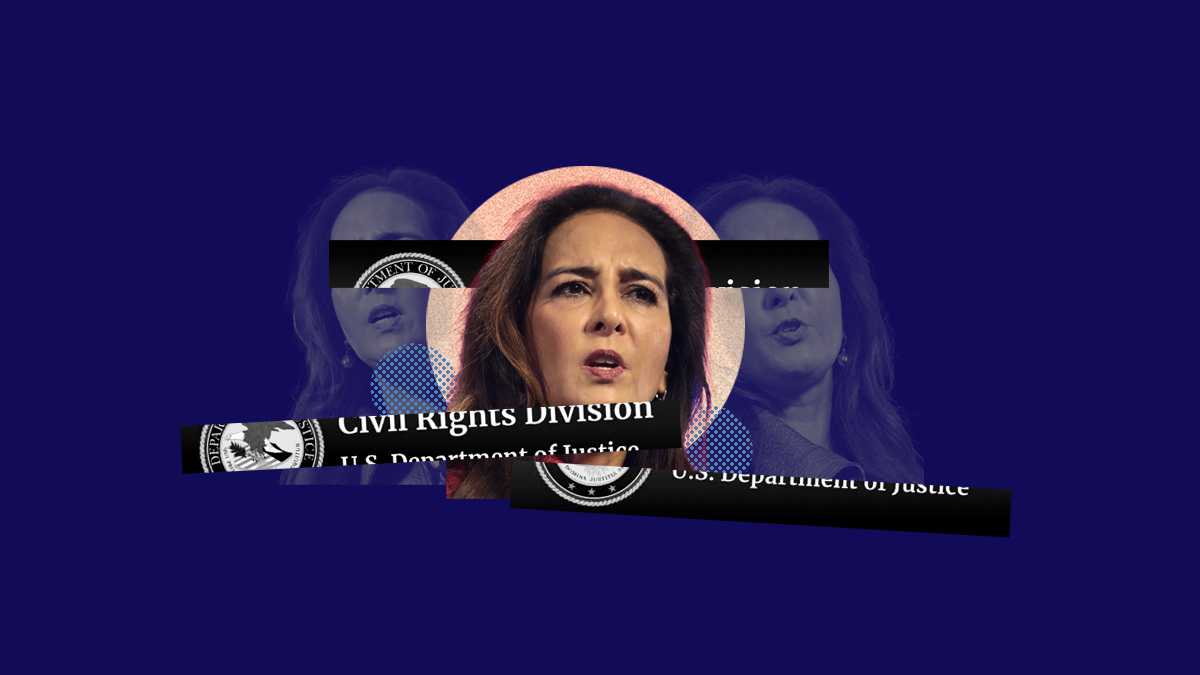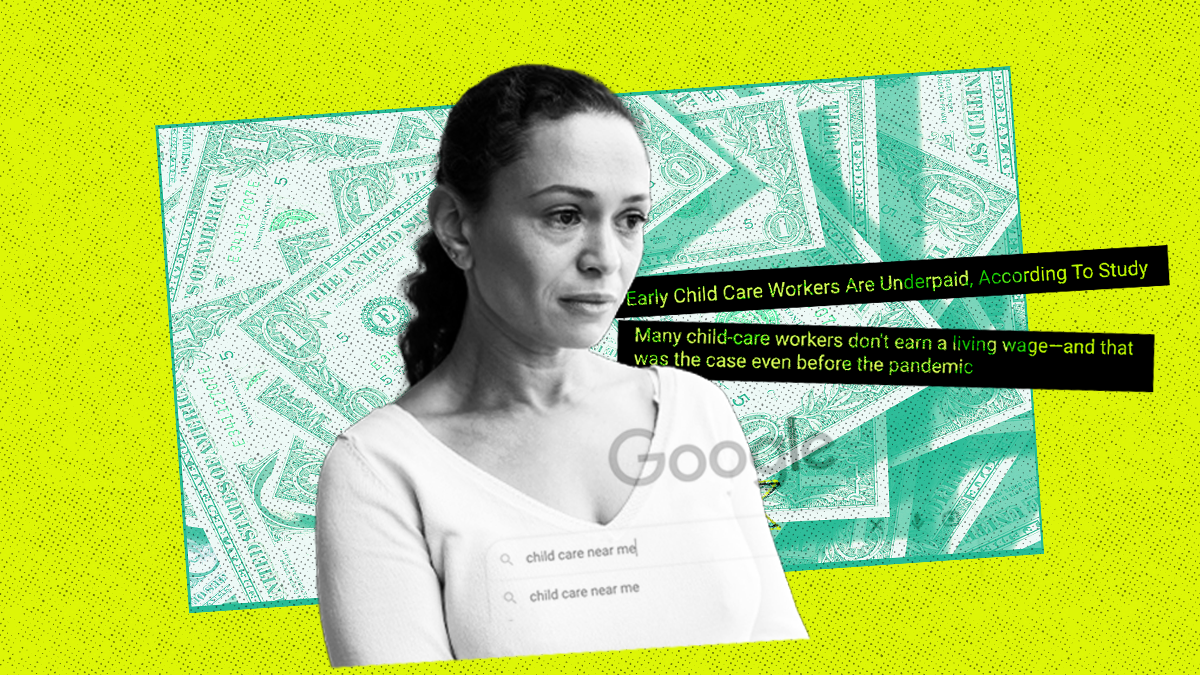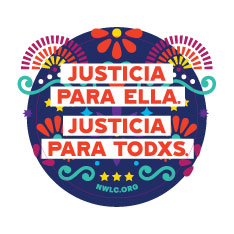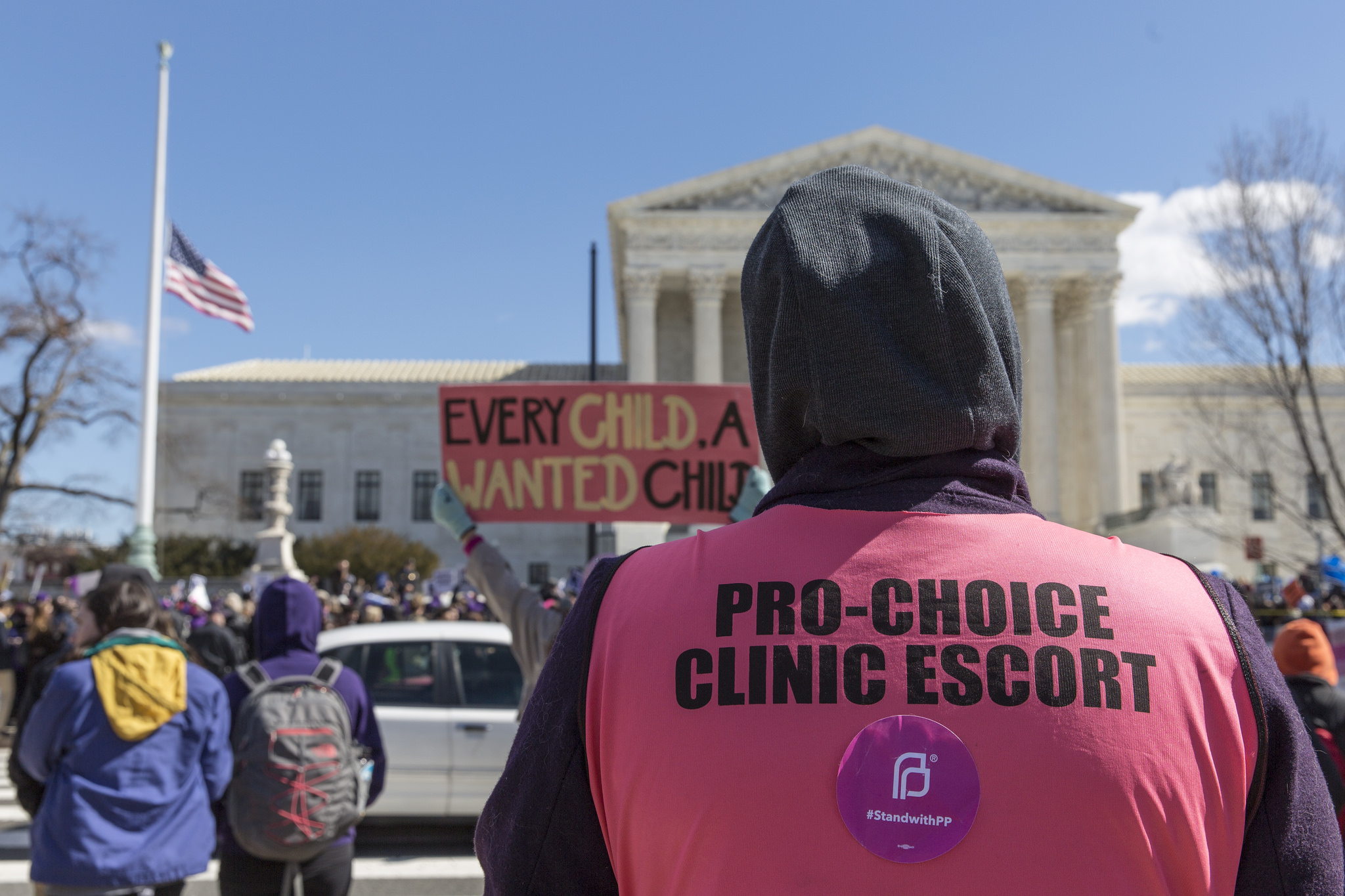Day After Expiration of Child Care Funding, NWLC Releases Survey Data Revealing One-Third of Parents Faced Higher Child Care Costs Over Past Year
Washington, DC – To mark this week’s expiration of billions of dollars in pandemic-era child care funding, the National Women’s Law Center (NWLC) and Morning Consult released the results of a new survey highlighting the growing challenges parents of young children face in securing affordable child care.
The survey results provide further evidence that since last September’s expiration of the first batch of the child care funds, families are grappling with rising costs and fewer options. This is expected to get worse now that the rest of the pandemic-era funding expired this week.
Key Findings:
- 33% of parents reported increased child care costs over the past year.
- 45% of parents—and 51% of those with children under 5—faced one or more significant challenges with child care, including:
- Higher prices
- Unexpected closures
- Difficulty finding available care options
- After learning more about the looming expiration of child care funding, 72% of parents expressed concern about the potential impact.
Read the full results of the NWLC and Morning Consult survey here.
In 2021, Congress made a historic, temporary investment in child care, the largest since World War II, through the American Rescue Plan Act (ARPA). This legislation provided states with $24 billion for child care stabilization grants, which ended last September, and $15 billion in supplemental funding for the Child Care and Development Block Grant (CCDBG) program, set to expire on September 30, 2024.
“Since the first portion of pandemic-era funding ended last September, one-third of parents—who were already paying too much for child care—have seen their care costs rise even further,” said Melissa Boteach, Vice President of Child Care and Income Security at NWLC. “Our nation’s child care crisis is a policy choice. Now that the last of the funding has expired, it’s more important than ever that Congress choose to invest in child care and early learning, which will lower costs for families and support our economy overall.”
The survey results build on a report that NWLC and the Center for Law and Social Policy (CLASP) recently released, which details the far-reaching benefits of pandemic-era relief funding for women, families, and early educators, as well as the impact that the expiration of this funding had on these groups.
NWLC is also actively tracking state and local stories highlighting the impact of the expired child care funds on providers and early educators.
###




